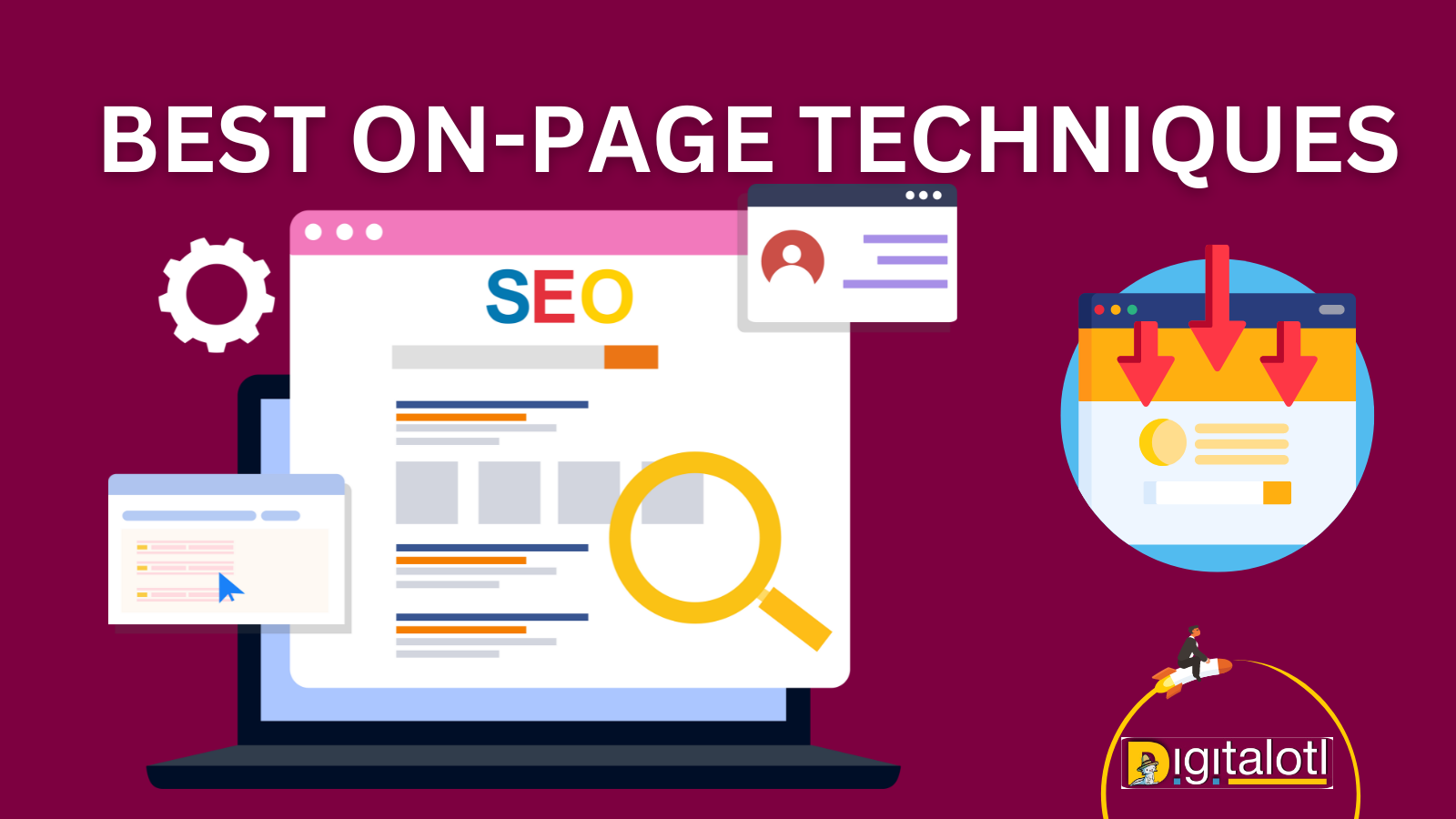In the current digital era, establishing a robust online presence has become imperative for businesses to flourish. One of the key elements in achieving online success is implementing effective search engine optimization (SEO) strategies. While there are many factors that influence search rankings, on-page optimization plays a crucial role in improving your website’s visibility and attracting organic traffic. In this article, we will explore the top on-page SEO techniques that can help you outrank your competitors and achieve higher rankings on search engine result pages (SERPs).
Table of contents
Optimizing Meta Tags
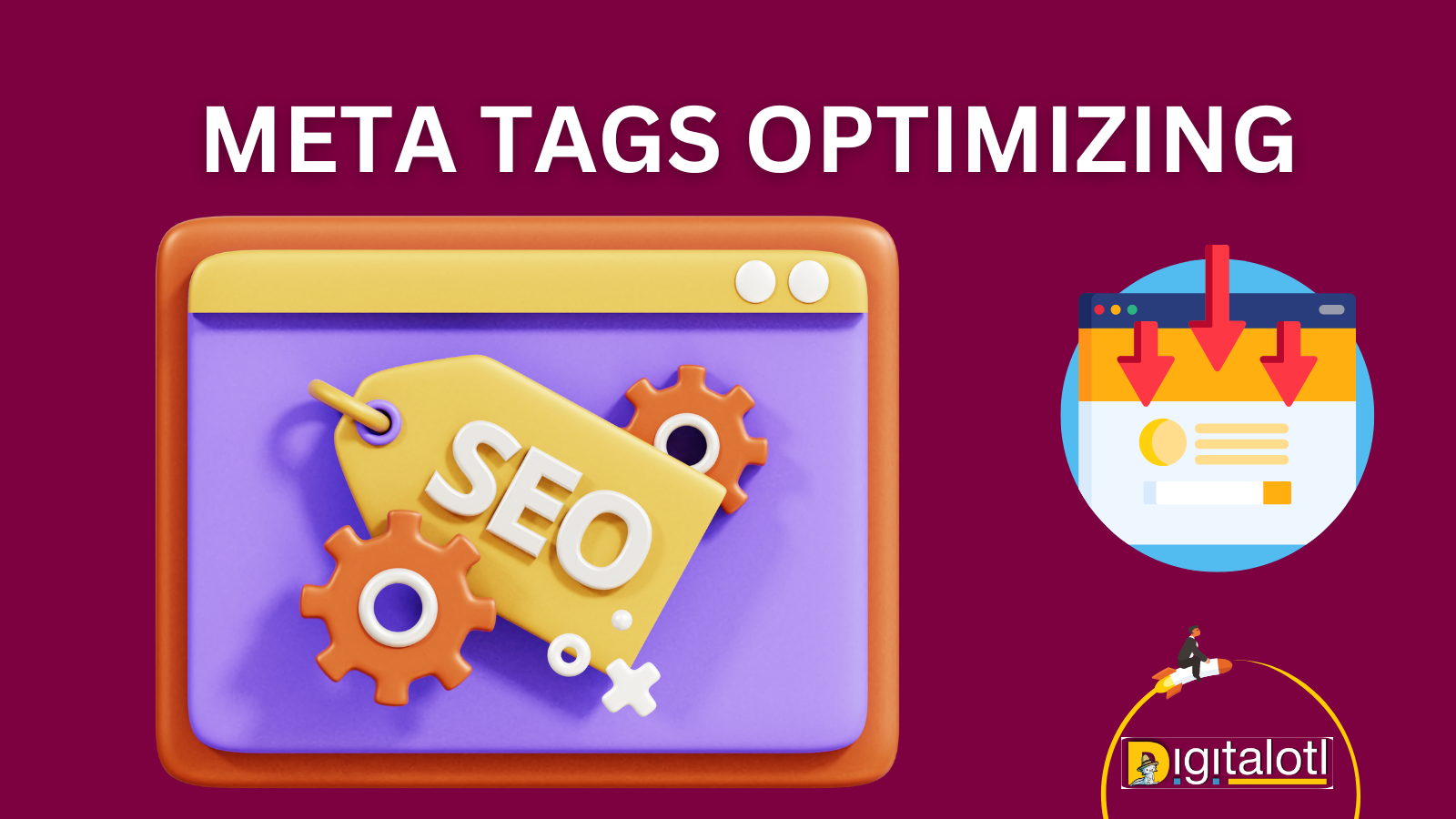
Meta tags are snippets of text that provide information about your web page to search engines. Two important meta tags for on-page optimization are the meta title and meta description. The meta title appears as the clickable headline in search results, while the meta description provides a brief summary of the page’s content.
To optimize your meta tags, ensure that they accurately reflect the content of your web page and include relevant keywords. Craft compelling meta titles that are concise, keyword-rich, and enticing to users. Similarly, create meta descriptions that are informative, engaging, and encourage users to click through to your website. By optimizing your meta tags, you can improve click-through rates and increase the chances of ranking higher on SERPs.
Conducting Keyword Research

Conducting thorough keyword analysis forms a vital component of on-page SEO strategies. It involves identifying the words and phrases that your target audience is likely to use when searching for information related to your business. By understanding these keywords, you can optimize your website’s content to align with user intent and improve its visibility in search results.
Start by using keyword research tools to identify relevant keywords with high search volume and low competition. Incorporate these keywords naturally into your website’s content, including headings, paragraphs, and image alt tags. Nevertheless, it is important to steer clear of excessive keyword usage, as it can detrimentally affect both user experience and search engine rankings. Strive for a balance between keyword optimization and providing valuable, user-friendly content.
Enhancing Content Quality
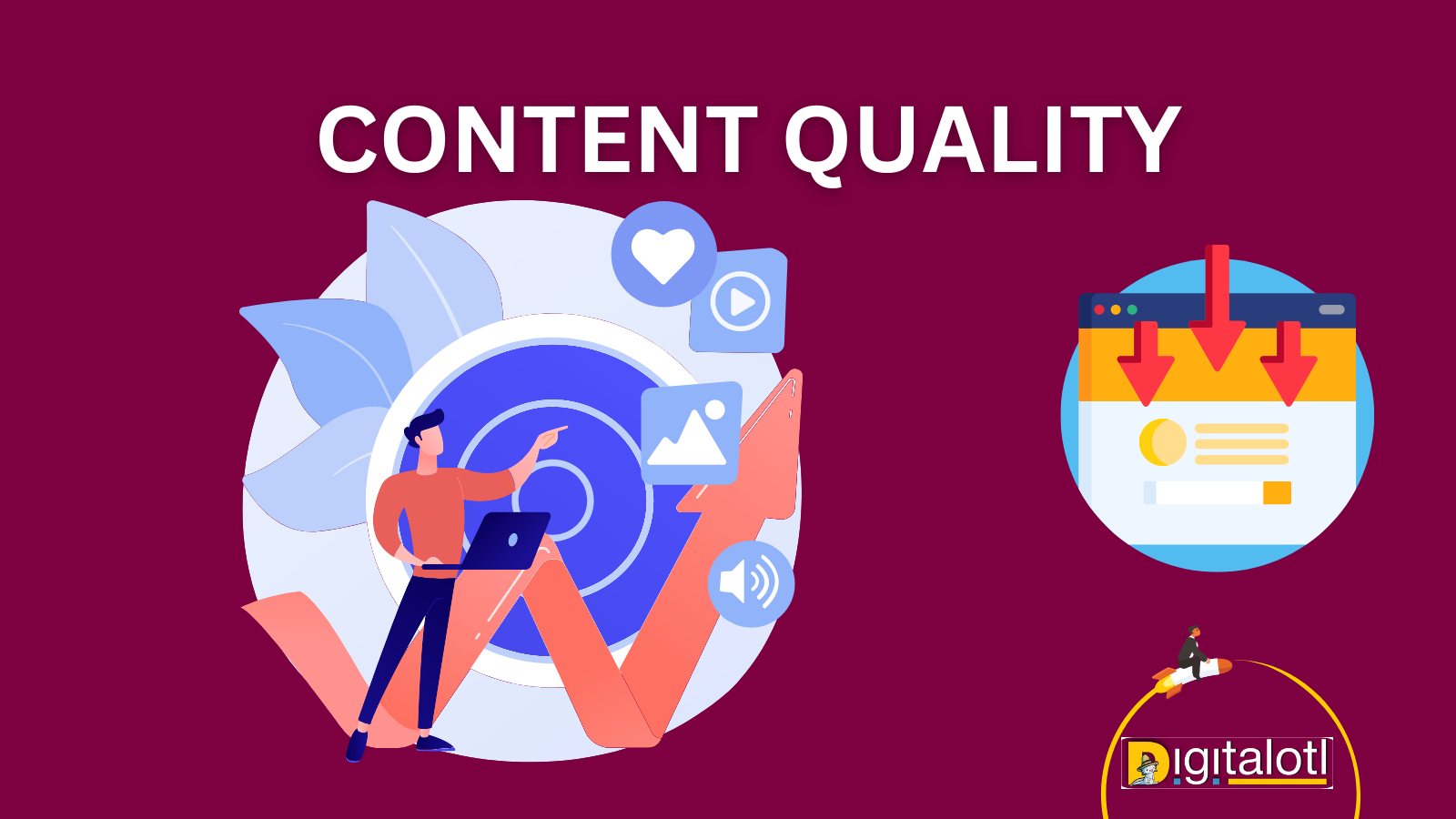
High-quality content is the backbone of successful on-page SEO. When creating content, focus on delivering value to your audience. Produce comprehensive, well-researched, and unique content that addresses the needs and interests of your target audience.
Ensure that your content is structured logically and uses appropriate headings and subheadings to improve readability. Include relevant images, videos, and infographics to enhance the visual appeal and engagement of your content. Additionally, make sure your content is error-free, easy to understand, and provides actionable information.
Remember, search engines value content that provides a positive user experience. By consistently delivering valuable and engaging content, you can establish yourself as an authoritative source in your industry and improve your website’s chances of ranking higher on SERPs.
Optimizing Page Load Speed
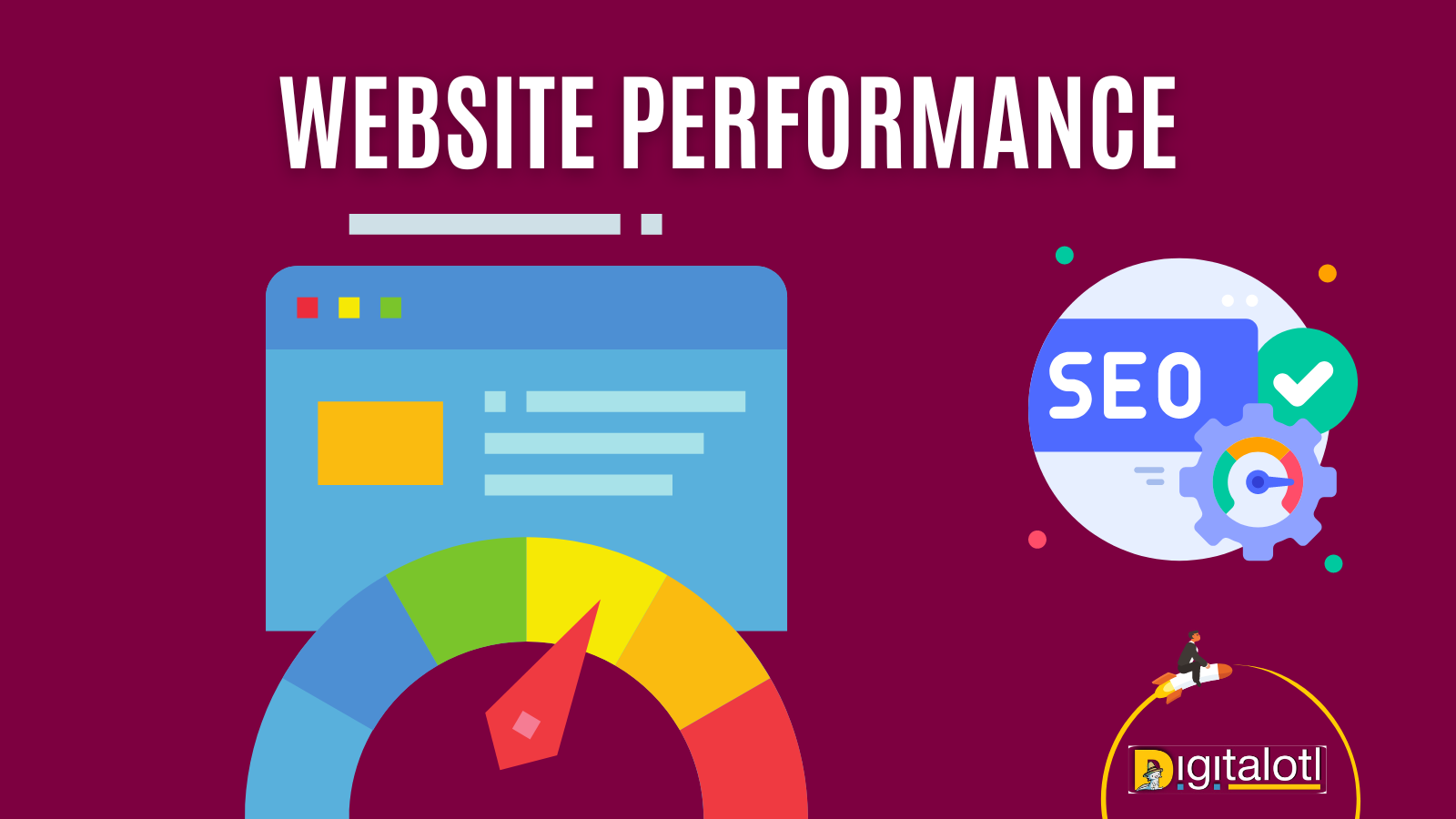
Page load speed is a crucial ranking factor that significantly impacts user experience. Slow-loading pages can frustrate users and lead to high bounce rates, negatively affecting your search rankings. To enhance the speed at which your web pages load, take into account the subsequent methods:
- Compress and optimize images: Reduce image file sizes without compromising quality.
- Minify CSS and JavaScript files: Remove unnecessary characters, spaces, and line breaks from your code.
- Enable browser caching: Store static resources on the user’s device to speed up subsequent page loads.
- Use a content delivery network (CDN): Distribute your website’s content across multiple servers to reduce latency.
By implementing these techniques, you can improve your website’s load time, enhance user experience, and increase the likelihood of achieving higher rankings on SERPs.
Implementing Schema Markup
Schema markup is a structured data vocabulary that helps search engines understand the content on your web pages more effectively. By implementing schema markup, you can provide search engines with additional context about your content, leading to enhanced visibility in search results.
There are various types of schema markup you can use, depending on the nature of your content. For example, you can implement schema markup for articles, products, events, reviews, and more. By adding schema markup, you enable search engines to display rich snippets, such as star ratings, pricing information, and event details, directly in the search results. This can significantly improve click-through rates and attract more organic traffic to your website.
Optimizing URL Structure
A clean and user-friendly URL structure is not only beneficial for users but also for search engines. When optimizing your URL structure, aim for short, descriptive, and keyword-rich URLs. Avoid using complex strings of numbers or special characters that make it difficult for users and search engines to understand the content of your web pages.
Include relevant keywords in your URLs to provide search engines with additional context about your content. For example, if you have a web page about on-page optimization techniques, a well-optimized URL could be “yourwebsite.com/on-page-optimization-techniques.” These types of URLs not only offer improved user-friendliness but also increase the probability of achieving favorable rankings in search engine results.
Building Internal and External Links
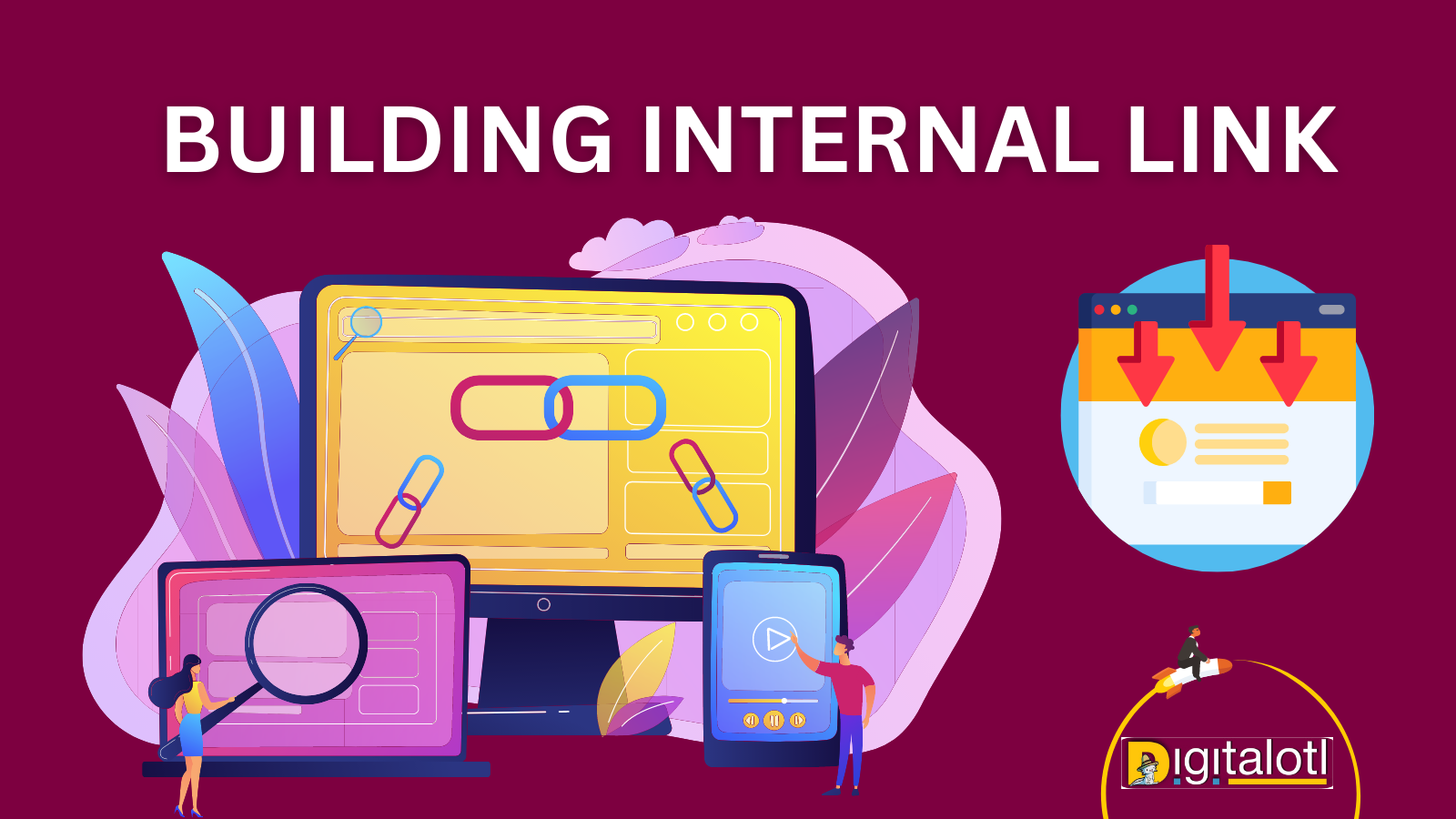
Link building is an essential component of on-page SEO. Internal links connect different pages within your website, allowing search engines to navigate and understand the structure of your site better. By strategically linking relevant pages together, you can improve the indexing and ranking of your web pages.
Additionally, external links from reputable and authoritative websites can significantly impact your website’s credibility and search rankings. Aim to acquire high-quality backlinks from relevant sources that add value to your content. Engage in guest blogging, participating in industry forums, and leverage social media platforms to build relationships and earn valuable external links.
Conclusion
Implementing effective on-page SEO techniques is crucial for achieving higher rankings and improving the visibility of your website in search engine results. By optimizing meta tags, conducting thorough keyword research, enhancing content quality, optimizing page load speed, implementing schema markup, optimizing URL structure, and building internal and external links, you can enhance your website’s chances of outranking your competitors.
Keep in mind that on-page SEO represents merely a single facet within a comprehensive SEO strategy. It is essential to also focus on off-page SEO, technical SEO, and other factors that influence search rankings. Regularly monitor and analyze your website’s performance using tools like Google Analytics to identify areas for improvement and refine your SEO strategy accordingly.
By consistently providing high-quality, valuable, and user-friendly content, you can establish your website as an authoritative source in your industry, attract organic traffic, and increase your chances of ranking higher on search engine result pages.
Frequently Asked Questions (FAQs)
Q1. What is on-page optimization?
On-page optimization refers to the process of optimizing various elements within your website to improve its visibility and ranking in search engine results. This includes optimizing meta tags, conducting keyword research, enhancing content quality, optimizing page load speed, implementing schema markup, optimizing URL structure, and building internal and external links.
Q2. How important are meta tags for on-page SEO?
Meta tags, particularly the meta title and meta description, play a crucial role in on-page SEO. These tags provide information about your web page to search engines and influence how your website appears in search results. By optimizing meta tags with relevant keywords and compelling descriptions, you can improve click-through rates and increase your chances of ranking higher on search engine result pages.
Q3. Is keyword research necessary for on-page optimization?
Yes, keyword research is essential for on-page optimization. It involves identifying the keywords and phrases that your target audience is likely to use when searching for information related to your business. By incorporating these keywords naturally into your website’s content, headings, paragraphs, and image alt tags, you can align your content with user intent and improve its visibility in search results.
Q4. How does page load speed affect SEO?
Page load speed is a critical ranking factor that influences user experience. Slow-loading pages can lead to higher bounce rates, negatively impacting your search rankings. By optimizing your website’s page load speed through techniques like image compression, code minification, enabling browser caching, and using a content delivery network (CDN), you can enhance user experience, reduce bounce rates, and increase your chances of ranking higher on search engine result pages.
Q5. What is schema markup, and why is it important for on-page SEO?
Schema markup serves as a structured data vocabulary, furnishing supplementary context to search engines regarding the content present on your website. By implementing schema markup, you can help search engines understand your content better and potentially display rich snippets in search results, such as star ratings, pricing information, and event details. As a result, this has the potential to enhance click-through rates and draw a greater volume of organic traffic to your website.

